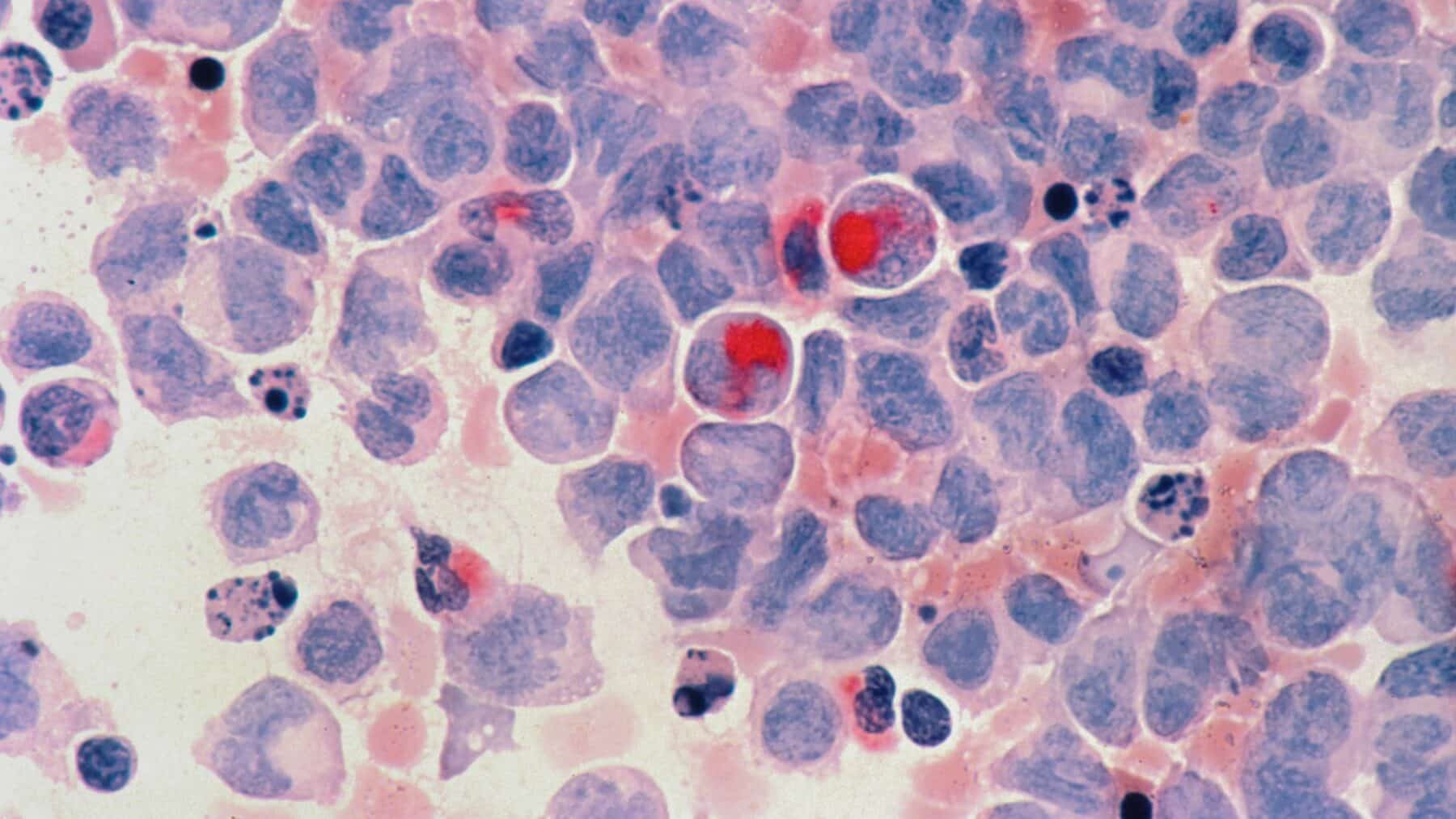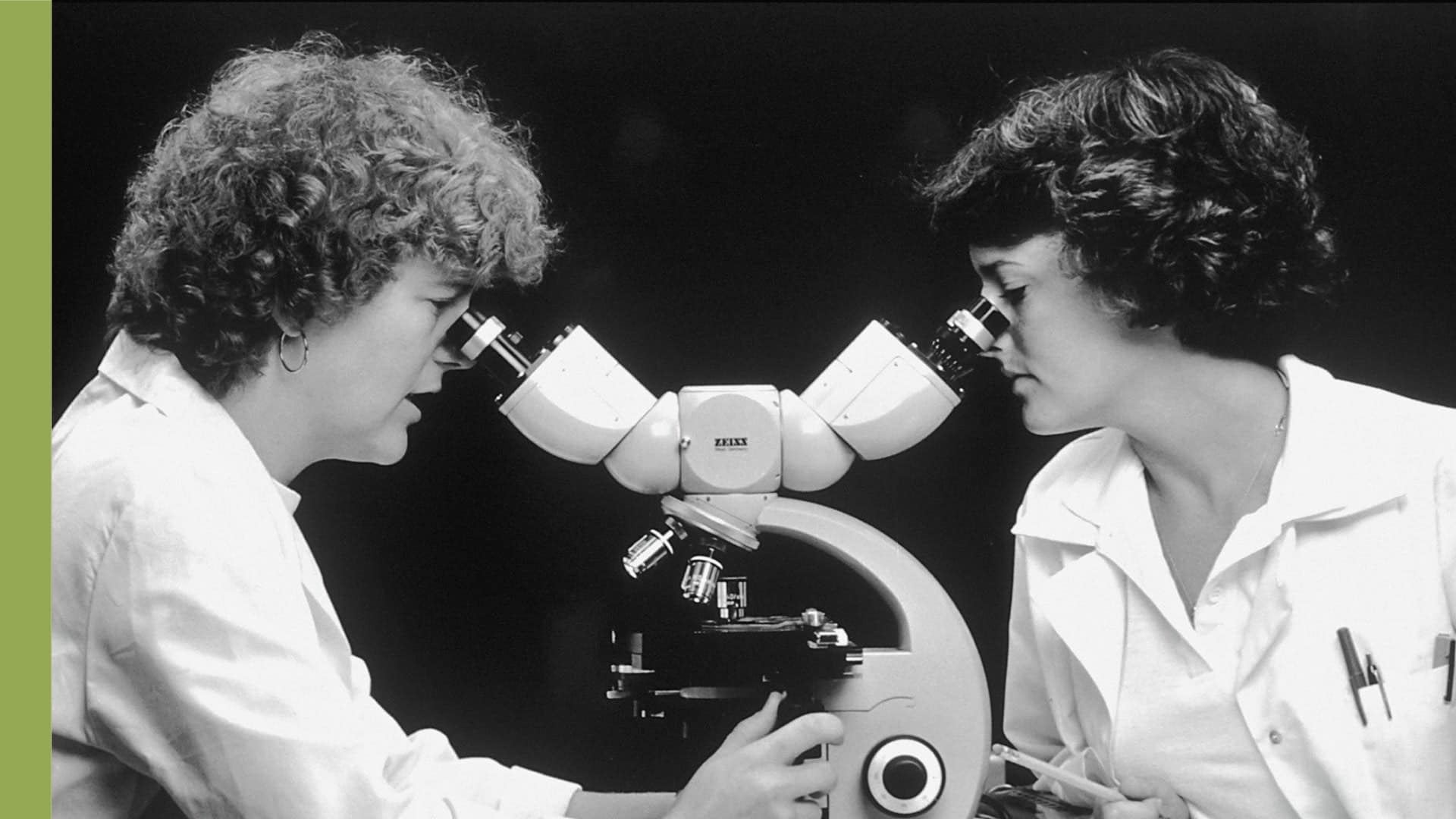If you’ve heard rumblings about a potential link between vitamin B12 and cancer, you might be tempted to throw your supplements out the window. Not so fast, though—this is likely a matter of correlation, not causation.
Given that there’s any connection whatsoever between elevated B12 levels and cancer, it’s understandable that you might be worried. Reading the words “vitamin B12” and “cancer” together in credible news outlets and scientific studies is enough to give anyone pause. But what’s key is that vitamin B12 itself probably doesn’t cause cancer. Rather, certain diseases seem to increase B12 levels in the body.
Even as an indicator rather than a cause, however, rising B12 levels are worth better understanding. In this article, we’ll discuss the latest research related to this phenomenon and discuss why this micronutrient remains essential for your health—despite its unusual connection to fairly concerning diagnoses.
Wait, Isn’t Vitamin B12 Good for You?
You bet—vitamin B12 is absolutely an essential micronutrient, and deficiency in the general population is much more commonplace than excess serum levels.
Also called cobalamin, B12 is a water-soluble vitamin which mostly comes from animal products like liver, beef, tuna, salmon, and clams (vegans can get a portion of their daily B12 intake from fortified foods like nutritional yeast).
This micronutrient is essential to a range of physical functions like energy production, making red blood cells, synthesizing DNA, and keeping our central nervous system functioning. Vitamin B12 is also necessary for breaking down homocysteine, a protein which may cause blood clots and is thus associated with a higher risk of stroke and heart disease.
A range of B12 serum levels are considered healthy. If you’re going in for testing in a hospital setting, 160 to 950 pg/mL, would be considered normal. However, many people have a vitamin B12 deficiency. Anyone can find themselves low on cobalamin, but groups at higher risk include older adults, people with gastrointestinal disorders like Crohn’s disease and celiac disease, gastrointestinal surgery patients, and vegans.
Can High Vitamin B12 Levels Indicate Cancer?
In short, yes—an excess amount of B12 in your body could be a warning sign of diseases, including cancer. (For reference, “excess” is typically defined as 950 pg/ml, or 701 pmol/L.) That said, there’s variation between studies, which we’ll get into here.
Much of what we know about the link comes from research based on Danish medical registries, which included thousands of entries. In one such study from 2013, researchers analyzed the data of patients with no previous cancer diagnosis, and found that the risk of receiving a cancer diagnosis increased with higher B12 levels, particularly at levels over 800 pmol/L.
The risk was also notably high within the first year after elevated B12 was observed. And among those patients with hematological cancers and cancers related to alcohol and cigarettes, their risk remained high five years after their elevated B12 levels were first observed. While this early study inferred that the high B12 levels were due to the cancer itself (not B12 supplements or B12-rich foods), subsequent research confirms this.
For example, a study conducted in 2020 concluded that an abnormally elevated cobalamin serum level seemed to have a correlation to (but was not the cause of) solid cancer. And in 2021, another study found a significant difference between participants with a transient elevation of B12 versus those whose serum levels measured persistently high—the latter group experienced a much higher incidence rate of solid cancer 60 months later.
Furthermore, a 2016 study, also based on Danish medical registry data, found that among cancer patients, higher B12 levels seemed to correlate with a worse survival outlook than among patients with normal serum levels.
Though these studies may seem bleak, they ultimately show that high B12 levels likely don’t cause cancer, but seem to be an important marker to indicate cancer.
What Causes High B12 Levels?

There are three particular health conditions known for their correlation to elevated B12:
Leukemia
Higher circulating B12 levels as a potential indicator for chronic myelogenous leukemia were observed in this study as far back as 1995. A later study also found the highest risk of elevated B12 among patients with either smoking and alcohol related cancers or hematological cancers, which includes leukemia.
Liver Disease
High B12 serum levels tend to be observed in patients suffering from liver disease, which can include acute hepatitis, cirrhosis, and hepatocellular carcinoma. The increased serum levels of vitamin B12 seem to occur due to the affected liver processing the vitamin differently than it normally would, with elevated B12 levels thus being a potential indicator for the presence of liver disease.
Lung Cancer
A 2020 analysis supported the hypothesis that a higher concentration of B12 in the blood is associated with increased lung cancer risk. While this study set out to determine whether vitamin B12 supplementation increased that risk, researchers didn’t establish the link—elevated B12 once again seemed to be an indicator rather than a cause.
Does Taking B12 Supplements Increase Cancer Risk?
No—there’s no evidence that taking vitamin B12 supplements causes cancer. Rather, as we see based on the scientific evidence discussed above, cancer seems to correlate to a rise in B12 serum levels.
Furthermore, while there’s no reason to take any supplement in excess, there is no established toxic level of vitamin B12 intake. That means your body excretes any excess amount of this water soluble micronutrient in your urine.
Bottom Line: Don’t Miss Your Daily Dose of B12
Vitamin B12 is called an essential nutrient for a reason. Everybody on earth needs it to maintain their physical and mental health. There’s no reason to avoid it, whether in foods or supplements.
While the connection between high B12 and cancer initially sounds scary, it’s important to understand the context. Elevated B12 levels could be a sign that something is wrong, but elevated levels are not the cause. Like your check-engine light: it turns on when there’s an issue with the car, but the light doesn’t contribute to the issue itself.
You can enjoy those eggs, meat, and B12 supplements with more confidence and less fear.
